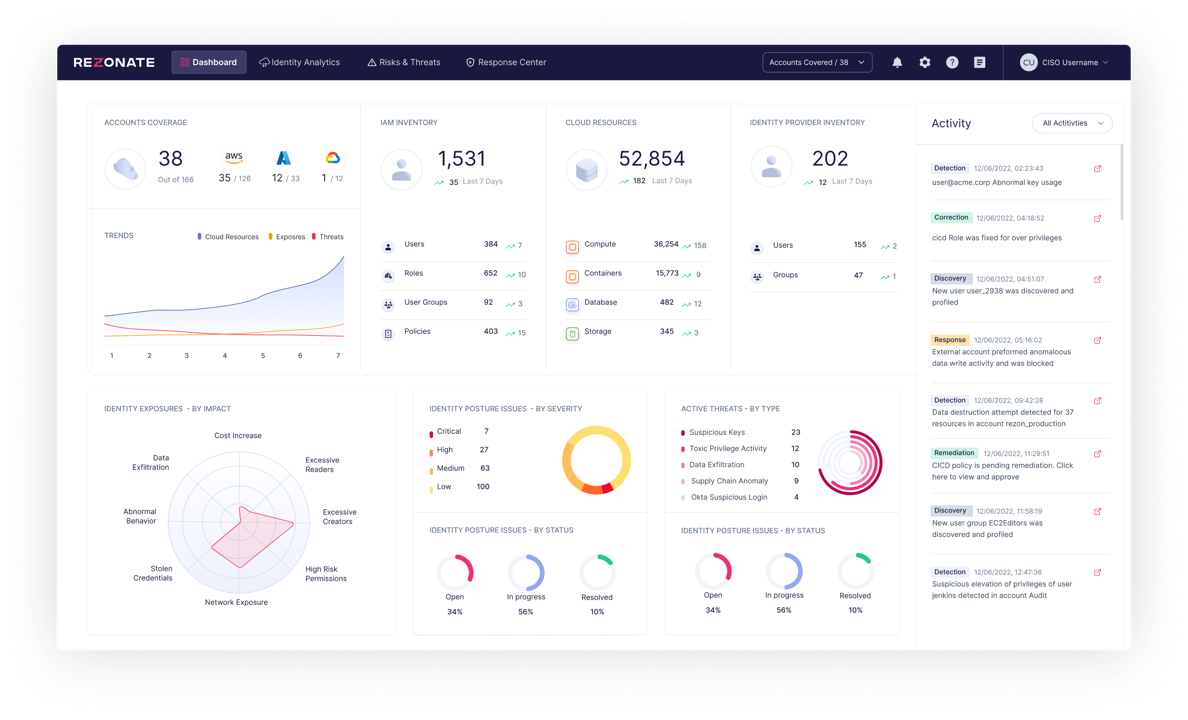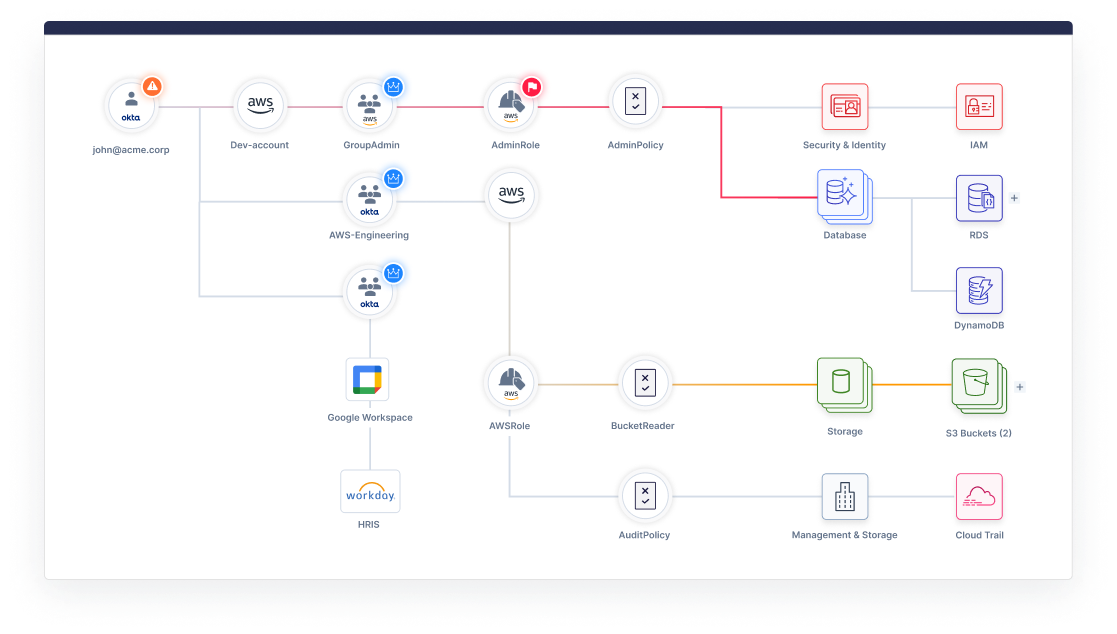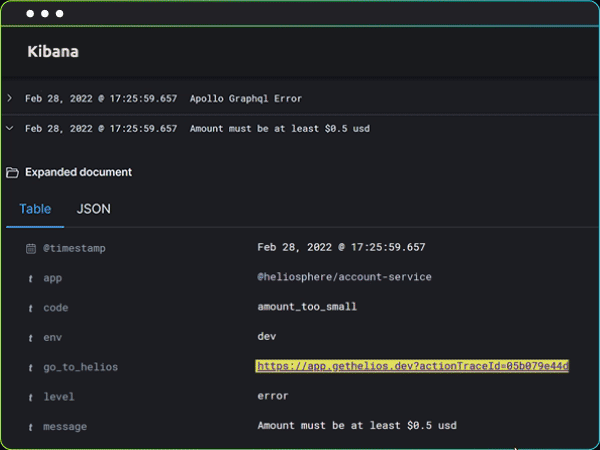Platforms like Airbnb have boomed with more consumers (and business users) than ever before keen stay in private properties when traveling or working away from their usual home base. That’s also meant a boom for startups building technology to help those renting out properties to manage the process. Guesty — which has built a platform to manage property listings across multiple sites like Airbnb, Vrbo, Expedia and Booking.com — is today announcing that it has raised $170 million, an all-equity round that it will be using to continue fueling its growth, and to tap deeper into providing tools to address our changing habits as consumers.
“With the ways people live, work, socialize and travel having shifted, the lines between traditional hotels and rental accomodations continue to blur,” co-founder and CEO Amiad Soto told me in an interview. “Hospitality operators — everyone from hosts to property managers to hotel brands — are continuing to adapt to this new reality. The last few years brought new customer personas to the short-term rental market, including classic hotel-goers who have higher demands for guest experiences and services.”
Apax Digital Funds, MSD Partners and Sixth Street Growth co-led the round for Tel Aviv-based Guesty, with previous backers Viola Growth and Flashpoint also participating — motivated in part by that vision of a changing travel and living landscape.
“As alternative property management operations become more complex, Guesty is paving the way for the next generation of digital hospitality services,” said Dave Evans, a partner at Apax Digital, in a statement. “Their track record of success and innovation, along with their platform’s growing suite of tools and intuitive user experience has Guesty positioned to define and consolidate its category, working with hosting businesses of all sizes. We are excited to continue partnering with the company as it continues to transform the industry.”
This is an all-equity Series E, Soto said in our interview (via email, because, coincidentally, I happen to be traveling myself). Soto didn’t say at which valuation, but he told me that the figure had tripled since its last round (a $50 million injection in 2021). PitchBook notes that last round was at a $230 million valuation; if that’s accurate it would put today’s round at $690 million. (We’ll update as and when we learn more.) The company is not yet profitable, Soto said, but it’s aiming for it next year, when it is also on course to surpass $100 million in ARR in the first six months.
The size of the round is big, but perhaps especially notable given the constraints that fundraising has been under in general this year. It’s also a measure of where Guesty is today, and where it’s going.
Soto and Guesty are not disclosing how many properties managed using its platform but directionally say the numbers are growing. “We expect our revenue and listings under management to continue to double year-over-year, both in 2022 and 2023,” Soto told me. (For a point of reference, the last time we reported the number was at the time of a $35 million funding round in 2019, when it noted that it had over 100,000 across 70 countries.)
His explanation for moving away from disclosing property numbers is not to do with the inevitable disruption that Covid-19 brought to the industry (and Guesty’s users in particular), but because Guesty itself has changed as a business, expanding both the kinds of properties that are managed, and the uses of those properties.
“Since our inventory has grown to include more than just short-term rental listings and include more flexible accommodations, such as co-living spaces, aparthotels, glamping and more, the key metrics that demonstrate our growth are our revenue and profitability,” Soto said, adding that Guesty has seen 100% growth year on year and expect this to continue. The startup’s team now numbers 585 employees, which has also doubled in size in the last year.
“We expect these numbers to continue growing even faster,” he noted.
To that end, Guesty is also rapidly expanding in terms of what kinds of tools it’s offering to its users, and thus how the platform generates revenues. There are a lot of travel startups out in the wild, including a huge swathe of those dedicated to property management technology and services, and Guesty has been positioning itself as something of a consolidator. The company’s acquisitions have included MyVR (like Guesty, an alum of Y Combinator) and Your Porter respectively to tap into deeper multimedia tools for its users, and to provide more tools for hosts that work across properties owned by third parties.
The plan is to use some of this funding to continue picking up more businesses that complement Guesty’s strategy, and to continue taking it beyond simply providing tools to manage properties, but to provide other services, and for its users, to give them an end-to-end, one-stop platform to manage their own work as a business. Features today number about 18, including not just calendar management and ways to manage across multiple booking portals, but also channels to manage guest-host communications, analytics and accounting tools, payment tools and more.
“Hospitality operators are now expected to provide more amenities, real-time responses, have more availability for ongoing customer communications and provide an overall elevated guest experience,” Soto said. “The trend of merging of accommodation types will continue, and the ever-growing consumer expectations will push property and hospitality managers to provide increasingly flexible levels of service and accommodations. Guesty’s platform is tailored to meet this need. For example, our technology enables hospitality providers to enhance guest communications by incorporating automation, making guest interactions faster, more intuitive, and providing smartphone tools and options which are most guests’ preferred method of communication.”
One area of investment will also be building more automation into the the product, he said, which likely is aimed at working with customers that manage larger amounts of properties and may have more repeatable, repetitive tasks.
“We are working hard to increase the levels of automation within our product as well as enhance AI-based communication tools,” Soto continued. “Guesty’s product provides tools for different types of properties, including multi-unit buildings and multi-location properties, but as our customers evolve, they come with additional needs for different types of guests. With that, we will be enhancing our product to provide hospitality providers with the tools they need to address everything from monthly stays and living-as-a-service, tailored for various types of accommodations – from glamping to more traditional hotel-like properties. To accomplish this, the product must be extremely flexible and accommodate hybrid solutions.”
Lastly, a third area where it’s likely to be investing more efforts is in the financial services it provides to its users. “To boost the value we offer, we will be looking to add to and enhance our fintech offerings, allowing our customers to bill more efficiently, create credit lines and take loans to grow their business, manage risk, and offer more advanced analytics for customers to make informed decisions about growing their business and managing additional aspects of their operations,” he added. Acquisitions that it might make to grow all of that inorganically will be made both across product lines and geographies, said Soto. It will also be by way of integrations. Today these number about 130 with other third-party tools.
The company appears still to have a lot of runway left as a standalone business. While Soto would not comment on whether it’s been approached as an acquisition target — either by other companies that build tools to manage businesses or customer service, or by some of those other online travel booking giants — he was unequivocal in saying that Guesty was not looking to get acquired, but to play the consolidator itself.
“Guesty is not looking for an exit,” he said. “We are strong believers that the industry is fragmented and ripe for consolidation and have already made multiple acquisitions both in-market and vertical expansion to enhance our offering and position. We are proud to have the highest level of business and technology partnerships with all the large travel platforms including Airbnb, Booking.com, Vrbo, Expedia and more, and are able to provide value to the entire ecosystem, which benefits everyone.”
That said, the tethering that it has to certain platforms — Soto notes that Airbnb “is still very popular” among its customers and in terms of activity, although “booking.com may be more popular in Europe and have actually grown in the short-term rental (STR) sector [with booking.com’s expansion into STR] now accounting for around 30% of their business. VRBO (from the Expedia Group) also remains a very popular option in certain areas in the US, especially for family-oriented properties in more rural vacation areas — does seem to imply a natural pool of companies that might be interested in it longer term, as they too look for more ways of diversifying their own revenues and expanding their reach.
Other more direct competitors today include the likes of TravelNest, Hostaway and Lodgify, among many others.
That competitive landscape doesn’t deter investors, though.
“In a largely specialized and localized industry, there is a huge opportunity to bring a global standard of service and excellence to hospitality operators of all shapes and sizes,” added Dan Bitar, MD and co-head of MSD Growth. “Guesty’s robust product offerings, strong R&D team, and proven ability to scale the business across geographies make it the ideal platform to consolidate the currently fragmented market.”
“The tech-enabled real estate ecosystem continues to grow and mature, and we look forward to joining Guesty on its journey to democratize and further professionalize the property management space,” said Michael McGinn, partner and co-head of Sixth Street Growth, in a statement. “With Guesty’s strong management team, long-term vision, product innovation, and marquee customers and partners, we have full confidence in the company’s ability to further cement its leadership in the world of hospitality and property management.”






